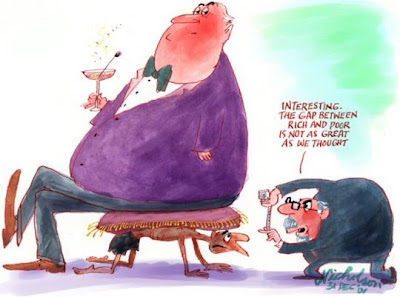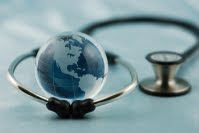Welcome back to the long awaited Credit Education Series, brought to you by The Delasol Group, an Economic Education & Consulting Firm.
In part 3 of our series, we explore a new issue making better, more-informed economic choices for yoursel and your families. That is the issue of Security. Insurance is one form of security in our society, just like alarm systems or credit report monitoring. We need to protect our loved ones, our assets and our personal information.

Compared to thirty or even ten years ago, job hunting has increasing moved from face-to-face interaction, to print media to the Web. Today, Monster.com, USAjobs.gov and Craigslist.org are popular choices for the unemployed. At a time in our nation's history when jobs are hard to find and money is scarce, Internet scams are on the rise and innocent people become more susceptible to the increased temptation!
Here are some common online scams, two of which the writer was involved in (though thankfully not scammed!) in the last three months!! This list is courtesy of the Internet Crime Complaint Center (the IC3) website.
- Someone tries to give you a bad check, forged money order or some other kind of false monetary instrument to deposit. Usually, they tell you to cash it and take some off the top. (IMPORTANT: The bank will hold you financially responsible for what you took when the fraud is discovered!)
- Someone tells you about a business opportunity where it takes money to join and the best way to make money is to sign up more people.
- Someone offers to buy, sell or rent something
- Someone tried to cheat you at gambling
- Someone offers you an employment opportunity that turned out to be fradulent or illegal.
The IC3 serves receives and refers criminal complaints about cyber crime to local, state and federal law enforcement authorities. I submitted a report after I was sent a bogus cashier's check and instructions to cash it, take a fee (for SAT tutoring) and Western Union the rest. All parties were invisible, meaning that I only knew them through the Internet. This is a BIG NO-NO. While they got my address, they didn't get any bank information, and I was wise enough to keep all the evidence for any follow-up with the IC3.
Be smart. Protect your investments: your money, your family, your privacy! We will continue to treat Security has a high priority issue on this blog.
Cheers!

